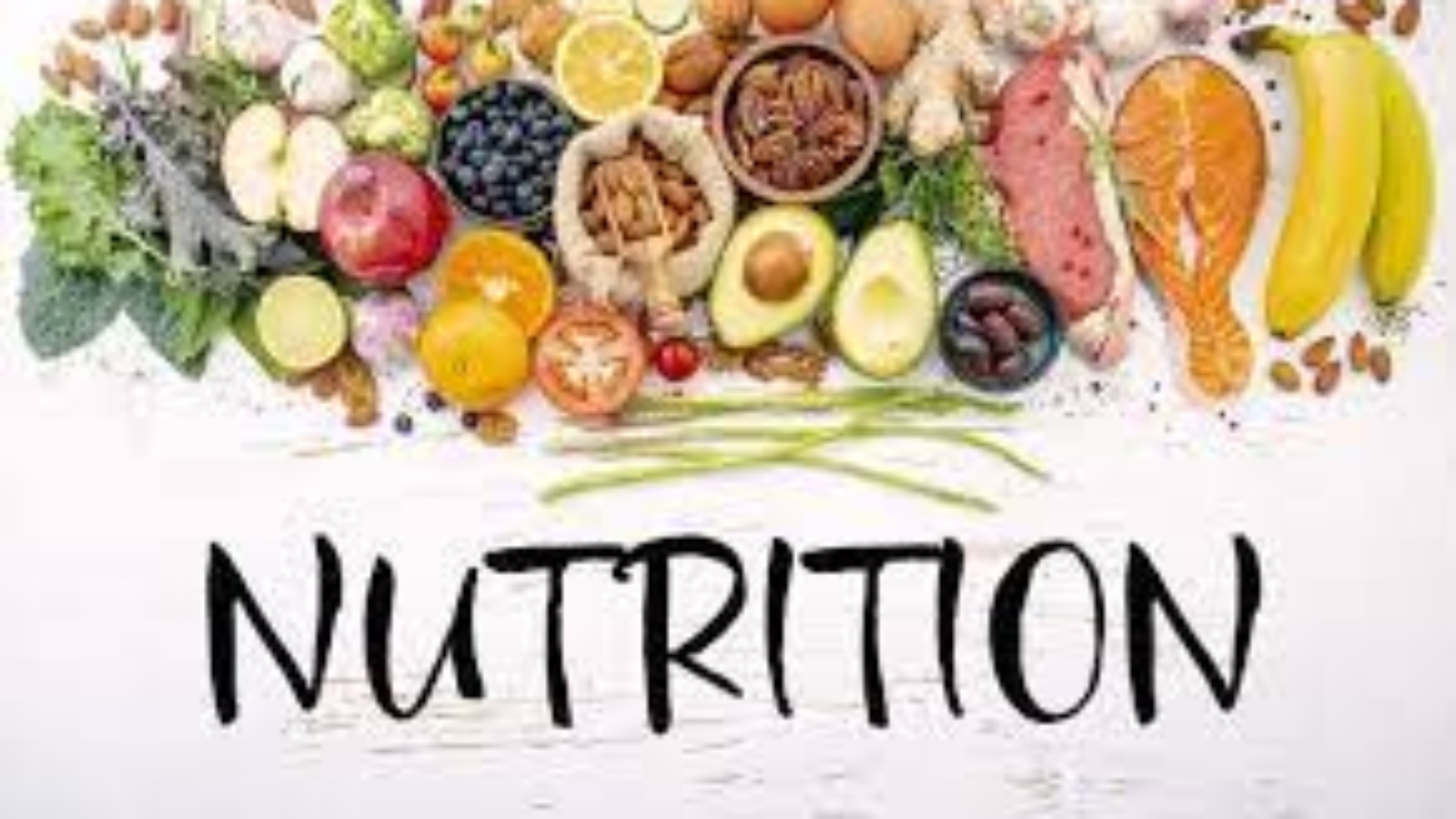
Harnessing Health Benefits through Proper Consumption of Protein Powder
Protein powders have surged in popularity as fitness enthusiasts and health-conscious individuals seek convenient ways to meet their protein needs. Understanding the truth behind protein powders can help you leverage their benefits effectively for your health and fitness goals. Protein is essential for building and repairing tissues, supporting immune function, and maintaining muscle mass.
Consuming an appropriate amount of protein can aid in weight management by increasing satiety and promoting muscle growth, which in turn boosts metabolism. Protein powders offer a convenient way to supplement protein intake, especially for those with active lifestyles or dietary restrictions. Whey protein, derived from milk, is highly popular due to its complete amino acid profile and rapid digestion. Plant-based options like pea, hemp, or soy protein cater to vegan diets and offer comparable benefits. However, it’s crucial to consume protein powders in moderation and alongside a balanced diet.
Excessive protein intake can strain the kidneys and lead to digestive issues. It’s recommended to consult with a healthcare professional or nutritionist to determine your protein needs based on factors like age, activity level, and health status.
Incorporating protein powders responsibly into your diet can indeed support overall health and fitness goals. Whether you blend them into smoothies or bake them into snacks, protein powders offer versatility and potential benefits when used wisely.

Protein powder is an easy way to get more protein daily. You can blend it into a shake or smoothie, sprinkle it into your oatmeal or add it to baked goods like bread or muffins. Extra protein, combined with regular exercise, can help you gain muscle, change your body composition, or meet your daily protein needs.
Protein powder is versatile. It comes in an array of tastes and textures, from unflavored to chocolate, vanilla, or splashier choices like red velvet cake and snickerdoodle.
You can choose plant-based powders made with hemp, soy, nuts, or peas. You can also select powders with whey or egg protein. Each protein powder has a nutrition label with a suggested serving size. In general, a serving is one to two scoops with the scoop that comes with the powder. It supplies 20-40 grams of protein.
How Much Protein Powder Should I Take?
The recommended dietary allowance for protein for healthy adults is 0.8 grams per kilogram (g/kg) of body weight; however, emerging research suggests that between 1.0 to 1.6g/kg may be needed for optimal health, especially for active people.This means a 150-pound person would need between 68 to 109 grams of protein per day.
Athletes and highly active people need more protein. The International Society for Sports Nutrition recommends that those looking to build muscle need between 1.4 to 2.0g/kg (95 to 136g for a 150-pound person), and up to 3g/kg (204g for a 150-pound person) may be helpful for those doing high levels of resistance training.3 Protein consumption should be spread throughout the day for the most benefits. It’s recommended that you consume around 0.4 to 0.55g/kg per meal for muscle building, though the average healthy person not looking to build muscle may need less.
That said, it’s important to get protein from a variety of food sources, and powders should only be used as a supplement to food in your diet. Food-based protein sources also come along with other essential nutrients that support optimal health. Consider how much protein you’re already getting in your diet, and then use protein powders as a way to fill any gaps.
Do you really need protein powder?
Yes, your body absolutely needs protein. Especially if you’re stepping it up with your workouts, you want to make sure you’re getting the right amount throughout the day. But you can get plenty of protein from whole foods, so hold up before you start scooping powders and blending.
Do Folow Us on Instagram at Moin Shaikh Elite Fitness !!




